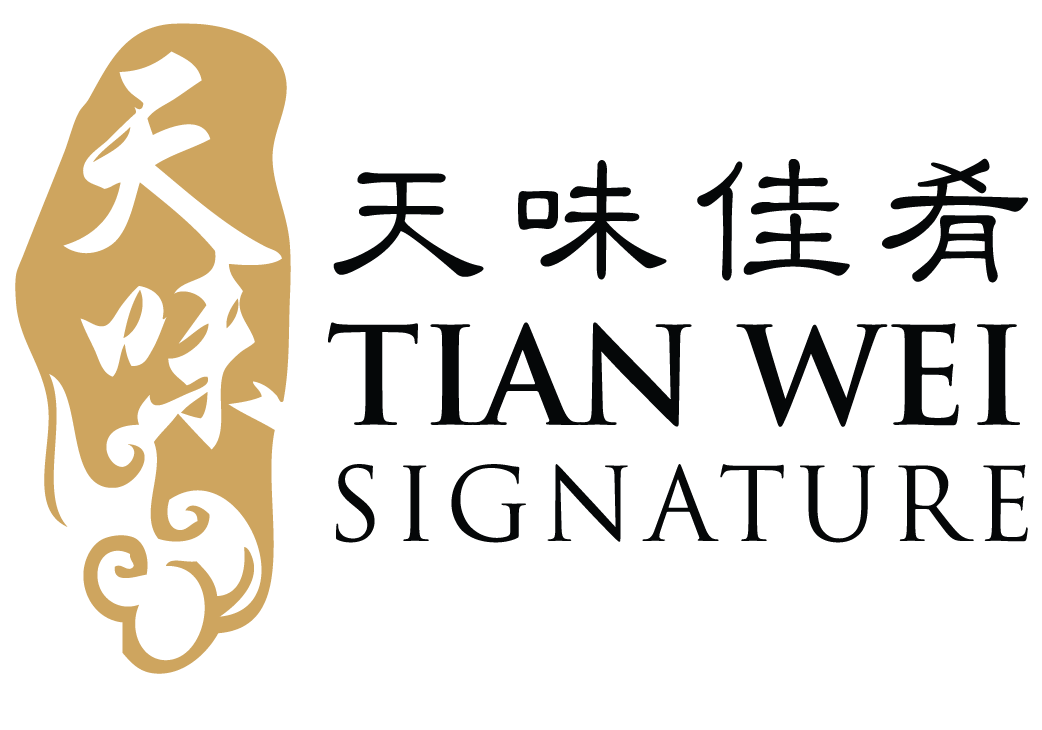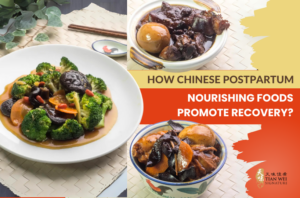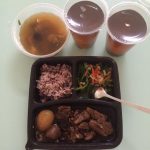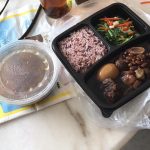81 Tagore Lane, TAG A, #01-11 Singapore 787502 ♦ Reservation : +65 6727 5599
5 Confinement Foods that Improve Lochia Discharge
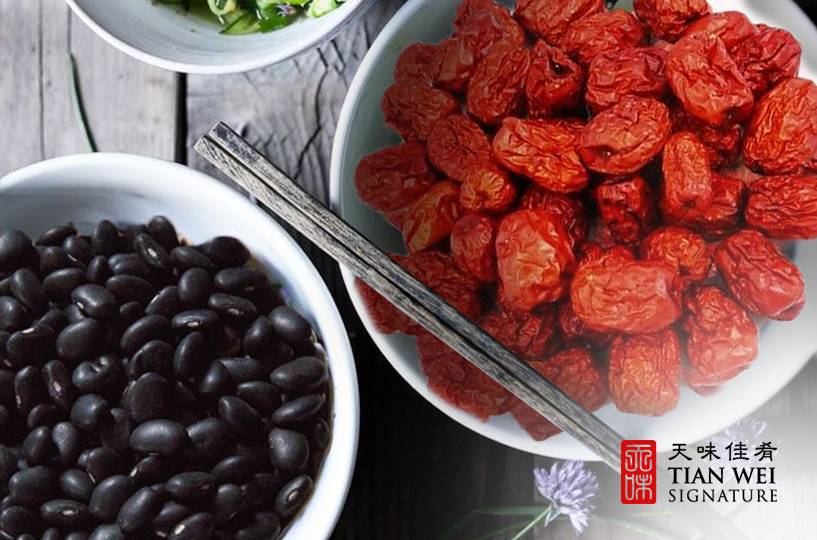
Mothers lose a lot of blood during delivery. Afterwards, the blood loss may still affect her in various ways; lack of strength and energy, slow recovery, irregular lochial discharge, and the most common one is, unfortunately, iron-deficiency anaemia.
After giving birth, a mother naturally discharges bacteria, blood, and tissues (known as lochia) from the uterus. It can look like normal period blood and lasts for almost a similar amount of days. The discharge is thicker during the first few days and gradually becomes thinner, just as a menstrual period would. A lot of mothers dread this phase and wish for it to go away faster and the discharge to decrease nicely. The good news is, there is a natural and simple way you could improve this process; by adding more enriched ingredients into your meals.
The key is to consume foods rich in iron and vitamin C.
After losing a lot of blood during the delivery, your body will be deficient of iron. In the process of producing blood, iron plays an important role to maintain the protein in your blood cells. Thus, it is crucial that you keep your iron levels high during and especially after the time your body is discharging blood.
On the other hand, the main reason why you need to increase your vitamin C intake is that it makes a great support for the iron you are consuming. Vitamin C aids in your body’s process of absorbing the iron.
For many years, mothers have included enriched ingredients into their foods to replenish their blood and ease the bleeding period after delivery. Here are some food and ingredients that can aid and improve lochia discharge:
1) Ginger
2) Lentils
3) Red dates
4) Leafy greens
5) Black beans
How would they help? Read more below!
Ginger
There is a reason why ginger is a popular ingredient that you can find in almost every confinement dishes. Postnatal mums benefit in various ways from this particular root. It restores the digestive system, fights hair loss problems (which happens more common among mums after birth than you would expect), and most importantly stimulates blood circulation. The last one, in particular, eases the postpartum discharge phase tremendously.
Lentils
Along with other benefits, lentils are great for postpartum mothers as they are rich in iron. They help in the production of blood to compensate for the huge amount of blood you have lost. Lentils are also an excellent source of protein and low in calories. Watching your weight is also essential in your postnatal recovery.
Red Dates (Jujube)
Red dates are highly enriched in antioxidants, vitamin C, minerals, and iron – all of which are not only gonna help in promoting blood flow, but also reducing stress and boosting your energy. They contain lower calories and half the amount of sugar the brown dates do so they fit any diet menu. Red dates have been taken for thousands of years across generations in order to ease the postnatal period to boost the mother’s recovery. Even better, they help calm mothers down in combatting insomnia and anxiety.
You May Also Read this : Why do mothers take red date longan tea during confinement?
Leafy Greens
While many other fruits are high in vitamin C, certain mums do not really like the strong and sharp taste they have. Thus, leafy greens like spinach, broccoli, and cabbage make a great substitute for them.
Black Beans
You will love this! Not only black beans are full of iron, but they are also a great source of protein. It lowers the bad cholesterol levels which in turn reduces your risk of heart disease. Contrary to popular belief, beans do not make you gassy. In fact, they are a fibre that prevents constipation and bloating.
They are also a versatile ingredient. There are over 50 ways to cook and add them to your dishes. Black beans make a great addition in meals as they have a very subtle, almost bland taste that will complement the main dish. Remember not to take the canned black beans you normally find in the marts even though they may be more flavourful. They contain a very high level of sodium (salt) and could be unhealthy for you. However, if you must, always try to rinse them first before consuming.
You have to take note of what the ingredients you use in your cooking contain. This might seem inconsequential, but they could either enhance your recovery process or slow it down. Eat foods that will balance out each other and work together to ease your postnatal recovery. If you are uncertain of what ingredients to add to your dishes, leave it to the hands of those who know better – be it your mother, grandmother, or a confinement meal chef as they know the right things to add to a list of confinement food.
